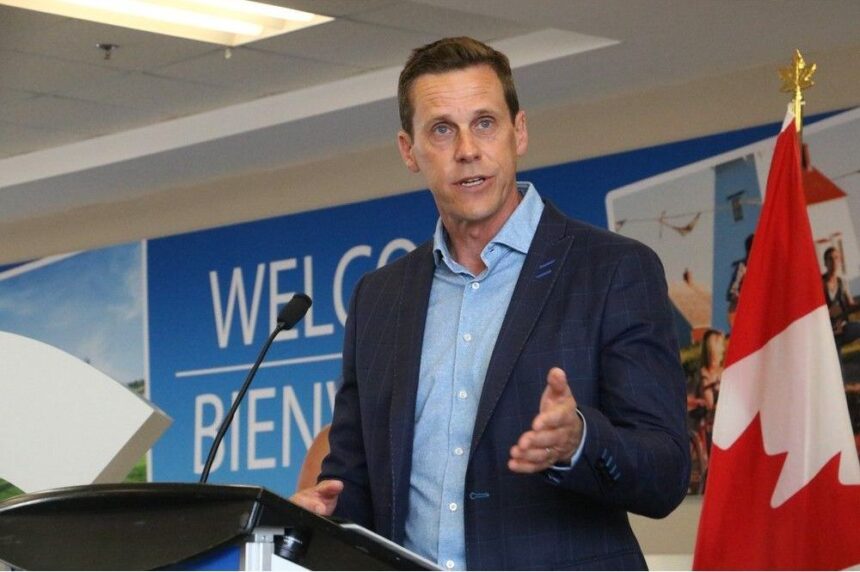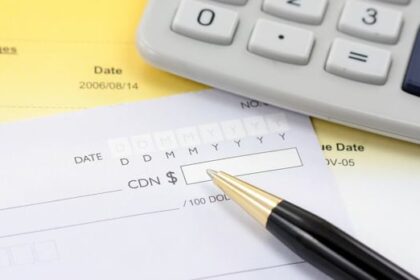Premier Rob Lantz has an opportunity to change course as Islanders are looking to him to finally bring discipline to the books, writes Devin Drover of the Canadian Taxpayers Federation. The GuardianArticle contentPrince Edward Island’s auditor general is sounding the alarm about the province’s finances, and the message is loud and clear: The government is spending far more than it takes in and the debt is spiralling out of control.THIS CONTENT IS RESERVED FOR SUBSCRIBERS ONLY.Subscribe now to access this story and more:Unlimited access to the website and appExclusive access to premium content, newsletters and podcastsFull access to the e-Edition app, an electronic replica of the print edition that you can share, download and comment onEnjoy insights and behind-the-scenes analysis from our award-winning journalistsSupport local journalists and the next generation of journalistsSUBSCRIBE TO UNLOCK MORE ARTICLES.Subscribe or sign in to your account to continue your reading experience.Unlimited access to the website and appExclusive access to premium content, newsletters and podcastsFull access to the e-Edition app, an electronic replica of the print edition that you can share, download and comment onEnjoy insights and behind-the-scenes analysis from our award-winning journalistsSupport local journalists and the next generation of journalistsRegister to unlock more articles.Create an account or sign in to continue your reading experience.Access additional stories every monthShare your thoughts and join the conversation in our commenting communityGet email updates from your favourite authorsSign In or Create an AccountorArticle content“The numbers I presented were really to highlight the increasing debt,” said auditor general Darren Noonan in a recent legislative committee. “It’s going to be a burden on future generations until we get a plan in place to deal with it.”Article contentArticle contentArticle contentNoonan’s latest report shows the government has now increased the debt to more than $3 billion. That’s up nearly $800 million since 2021 and growing faster every year. The province had to borrow $164 million last year, almost double what was budgeted. Even worse, if one-time revenue windfalls like the tobacco-lawsuit settlement are excluded, the total borrowing would be closer to $231 million.Article contentIn plain terms, the government has maxed out the taxpayer credit card.Article contentArticle contentHigher taxes, fewer servicesArticle contentThe auditor general warned there is no plan in place to fix it and that should worry every Islander. When a government can’t say how it plans to stop borrowing, taxpayers should brace for higher taxes, fewer services or both.Article contentAlready, Islanders are paying a heavy price.Article contentAnnual debt interest payments now cost taxpayers about $170 million, or roughly $930 per person. That’s money that goes to banks and bondholders instead of hospitals, schools or tax relief. And if the province’s credit rating slips, those interest costs will rise even higher.Article contentArticle contentArticle contentArticle contentArticle contentFiscal restraint neededArticle contentPremier Rob Lantz has an opportunity to change course as Islanders are looking to him to finally bring discipline to the books. That means more than words about “prudence,” it means an actual plan.Article contentHere’s what that could look like.Article contentFirst, there should be a spending freeze. The government cannot keep adding new programs and projects while borrowing hundreds of millions of dollars. Holding the line on new spending would send a strong signal to bond raters and taxpayers alike that fiscal restraint is back.Article contentThe second step is conducting a full review of all government spending to identify more savings. Other places have done it and P.E.I. can too.Article contentThe Newfoundland and Labrador government launched an independent review of its finances to find ways to cut costs and fix its budget crisis in 2020. That process identified $3.6 billion in savings over six years. The federal government followed a similar path in the 1990s when former prime minister Jean Chrétien launched a sweeping program review that saved nearly $10 billion, or 19 per cent of total program spending at the time.
TAXPAYERS FEDERATION: Islanders deserve a plan to pay back government debt










